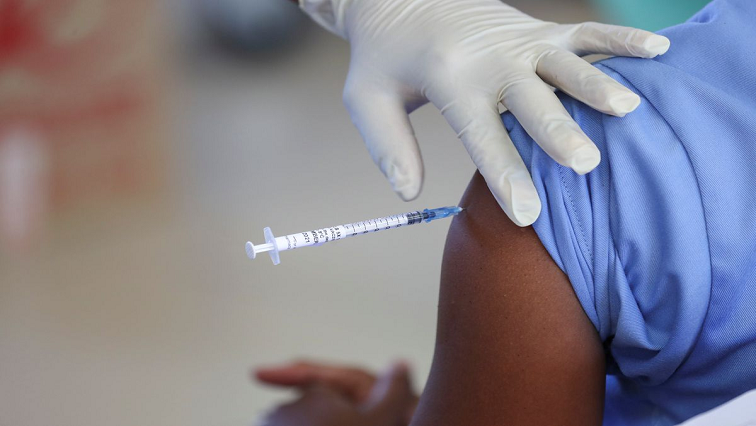Psychologists say vaccine hesitancy stems from several factors including a lack of information as well as group thinking influence. The World Health Organization (WHO) says vaccine hesitancy is one of the global health threats.
According to the Department of Health, more than 5 million people in South Africa have been fully vaccinated, so far.
Psychologists say more needs to be done to address vaccine hesitancy in the country.
South Africa launched its vaccination programme in February this year. The aim was to vaccinate 70% of the population, or 28 million people, by end of the year. To do this 250 000 jabs a day would need to be administered.
However, since the end of last month, only 200 000 people a day were vaccinated as vaccine apathy began to set in.
“I’m not willing to vaccinate because I’m not sure if this thing is going to work. At first, they said you only have to vaccinate yourself once, after that they came with other stories that you have to vaccinate twice,” says one person.
“My parents at home are scared to vaccinate because of fake news they heard from people that you tend to get side effects or die after getting a jab. My plea to government is to go to our parents and teach them about vaccination, instead of just telling them to get vaccinated,” adds another person.
South Africans share their views on taking the vaccine and reasons for hesitancy:
Psychologist, Lerato Motsanale Wana, says people’s apathy or hesitancy towards COVID-19-vaccines should be addressed, as they believe their concerns are valid.
“I am of the opinion that people’s reluctance or hesitancy to vaccinate is actually valid when viewed from their perspective or context. When you got no knowledge of vaccination, it’s going to sound like a crazy idea. The hesitancy or reluctance may not only stem from limited information but also from an understanding of that information. Once we have that information, do we trust the person who’s giving it to us? Do we trust the actual information?”
Motsalane-Wana says the grouping narrative also has an enormous influence, as people mainly observe and analyse vaccination acceptance from family or friends.
“I want to mention something about group thinking. It becomes very concrete. In other words, we see it, we believe it. For example, miss Sebogodi next door is almost my age, she got vaccinated, she got her two injections, she looks fine, she’s doing ok I’ve checked up on her, she’s doing fine. Then the thinking becomes, “Ok, then maybe I can go get vaccinated because she’s doing ok”. That’s the group thinking I am talking about.”
Some community members say they witnessed members of her family getting sick after taking the jab.
“I’m somebody who’s very sick most of the time, then I’m asking myself if I see other people get sick and others become severe headaches, vomiting so on, when it comes to myself I ask whether I’ll survive. That’s my problem, so I’m not sure if I’ll go there and vaccinate,” says a community member.
“I’m so scared because some say they are not reacting well to this vaccine. One elderly was telling me yesterday that she had to take headache medication after taking the jab, and I’m not one to take this medication. So I’m scared to go vaccinate,” adds another community member.
Some were concerned over infections even post-vaccination.
Addressing COVID-19 vaccine hesitancy:






